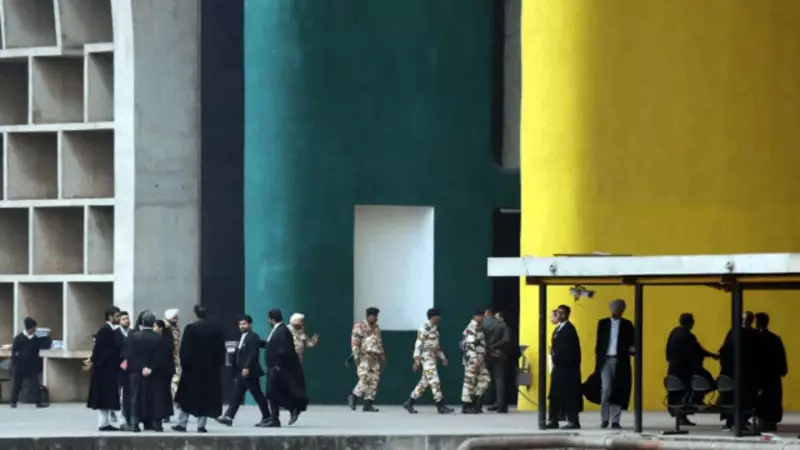
In a groundbreaking judgment that could reshape employment policies across northern India, the Punjab and Haryana High Court has delivered a stern message to state governments: reservation in promotions cannot be implemented without formally amending service rules.
The Core Legal Challenge
The court was hearing a petition filed by government employees who challenged the practice of providing reservations in promotions without making necessary changes to the statutory service rules. The petitioners argued that this practice violated constitutional principles and created uncertainty in the implementation of reservation policies.
Court's Firm Stance on Legal Procedure
The bench emphasized that any policy regarding reservations in promotions must be backed by proper amendments to the relevant service rules. Merely issuing administrative orders or circulars is insufficient and legally untenable, according to the court's ruling.
Implications for Government Employees
This judgment has far-reaching consequences for thousands of government employees in Punjab and Haryana. The court's decision means that:
- All promotions granted under reservation policies without rule amendments may face legal scrutiny
- State governments must review their current promotion policies
- Future reservation in promotions must follow proper legal channels
- Employees' service rights need clearer legal foundation
Constitutional Framework Upheld
The High Court reinforced that reservation policies, while important for social justice, must operate within the framework of constitutional provisions and established legal procedures. The judgment stresses that the ends of social justice cannot justify bypassing proper legal channels.
What This Means for State Governments
Both Punjab and Haryana governments now face the task of reviewing their reservation policies and ensuring that any provision for quota in promotions is properly incorporated into the respective service rules. This may require:
- Comprehensive review of existing service rules
- Proper amendment procedures where necessary
- Clear communication to all departments
- Training for administrative officials
The judgment serves as a crucial reminder that while affirmative action remains a vital tool for social empowerment, it must be implemented through proper legislative and administrative processes that stand up to legal scrutiny.






